Common Property Management Mistakes and How to Avoid Them
In the realm of property management, whether it’s residential complexes, commercial buildings, or construction projects, mistakes can be costly and detrimental to the success of the property. From overlooked maintenance tasks to poor financial management, the challenges faced by property managers are diverse and demanding.
In this article, we’ll delve into some of the common property management mistakes and provide recommendations on how to sidestep them effectively, especially with property management companies in New Jersey.
1. Neglecting Regular Maintenance Tasks
One of the most prevalent mistakes in property management is neglecting routine maintenance. Whether it’s a leaking faucet in a residential unit or a malfunctioning HVAC system in a commercial building, postponing maintenance can lead to more significant issues down the line. This oversight not only affects the property’s aesthetics and functionality but also diminishes its value over time.
To avoid this pitfall, establish a comprehensive maintenance schedule that includes regular inspections, repairs, and replacements. Partnering with reputable property maintenance services in New Jersey, such as Gervin Management, can ensure that all maintenance tasks are handled promptly and efficiently.
2. Poor Financial Management
Another common mistake in property management is inadequate financial management. This encompasses various aspects, including budgeting, rent collection, and expense tracking. Failure to maintain a robust financial system can result in cash flow problems, missed payments, and even legal issues.
To mitigate this risk, implement robust financial management practices from the outset. Utilize property management software to streamline rent collection and expense tracking processes. Additionally, enlist the expertise of property financial management companies in New Jersey to ensure compliance with regulations and optimize financial performance.
3. Ineffective Communication
Effective communication is vital in property management, yet it’s a mistake that often goes unnoticed. Poor communication between property managers, tenants, and stakeholders can lead to misunderstandings, conflicts, and dissatisfaction.
To foster better communication, leverage various channels such as email, newsletters, and online portals to keep tenants informed about property updates, maintenance schedules, and community events. Encourage an open-door policy where tenants feel comfortable voicing their concerns and feedback. By prioritizing communication, you can build trust and enhance tenant satisfaction.
4. Ignoring Legal and Regulatory Compliance
Property management involves navigating a complex web of legal and regulatory requirements. Ignoring or overlooking these obligations can expose property managers to legal liabilities and financial penalties.
To stay compliant, stay informed about local, state, and federal regulations pertaining to property management in New Jersey. Keep meticulous records of leases, inspections, and maintenance activities to demonstrate compliance in case of audits or disputes. Consider partnering with legal professionals specializing in property management to ensure adherence to all applicable laws and regulations.
5. Not Hiring a Property Management Company
One of the most significant mistakes property owners can make is attempting to manage their properties themselves without the assistance of a professional property management company. While it may seem cost-effective initially, the complexities of property management often prove overwhelming for individual owners, leading to inefficiencies and missed opportunities.
Property management encompasses a wide range of responsibilities, including tenant screening, rent collection, maintenance coordination, legal compliance, and financial management. Without the expertise and resources of a reputable property management company, property owners may struggle to effectively handle these tasks, resulting in decreased property value and tenant satisfaction.

By entrusting your property to qualified real estate services in New Jersey, such as Gervin Management, you gain access to a team of experienced professionals dedicated to maximizing the value of your investment. From tenant acquisition and retention to maintenance and financial management, a property management company handles every aspect of property ownership with efficiency and expertise.
Other Advantages
Additionally, property management companies have established networks of trusted vendors and contractors, allowing them to negotiate favorable rates for maintenance and repair services. This not only saves property owners time and effort but also reduces maintenance costs in the long run.
Moreover, property management companies stay abreast of evolving market trends, rental rates, and regulatory changes, enabling them to adapt strategies and maximize rental income. With their industry knowledge and experience, property management companies can help property owners navigate challenges and capitalize on opportunities in the competitive New Jersey real estate market.
Property management is a time-consuming endeavor that requires dedicated attention to detail and a significant investment of time and resources. For property owners with busy schedules or multiple properties, managing properties themselves can quickly become overwhelming and detract from other priorities.
As property portfolios expand, managing properties becomes increasingly complex and demanding. Property management companies offer scalable solutions that accommodate growth and expansion, allowing property owners to focus on strategic investment opportunities rather than day-to-day operational tasks.
Avoiding common property management mistakes requires diligence, foresight, and a commitment to excellence. By prioritizing regular maintenance, implementing sound financial management practices, fostering effective communication, ensuring legal compliance, and embracing technology, property managers can overcome challenges and optimize property performance.
Work With Gervin Property Management
For expert property management services in New Jersey, trust Gervin Property Management. With a proven track record of excellence and a commitment to client satisfaction, Gervin Property Management is your trusted partner in property management. Contact us today to learn more about our comprehensive property management solutions.
By addressing these common pitfalls proactively, property managers can uphold the integrity of their properties, foster tenant satisfaction, and achieve long-term success in the competitive real estate market of New Jersey.
Contact Gervin Property Management today for all your property management needs in New Jersey. Let us help you optimize your property’s performance and enhance tenant satisfaction.
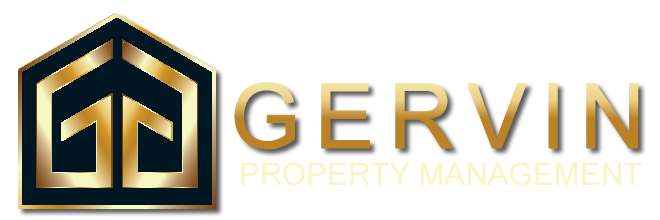

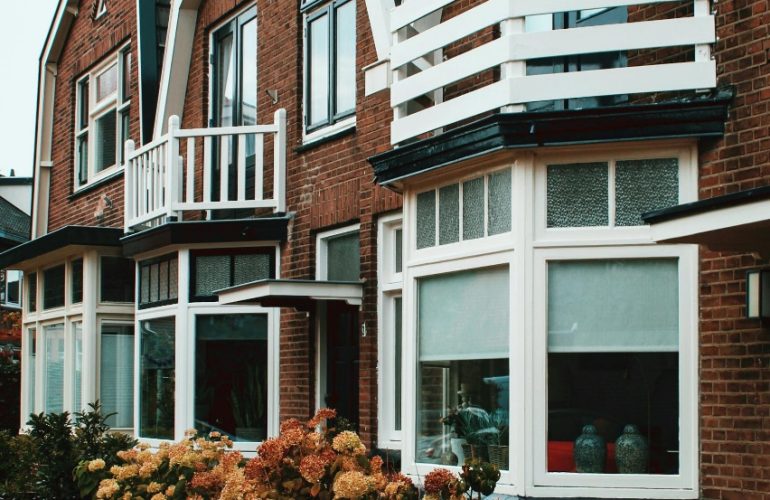



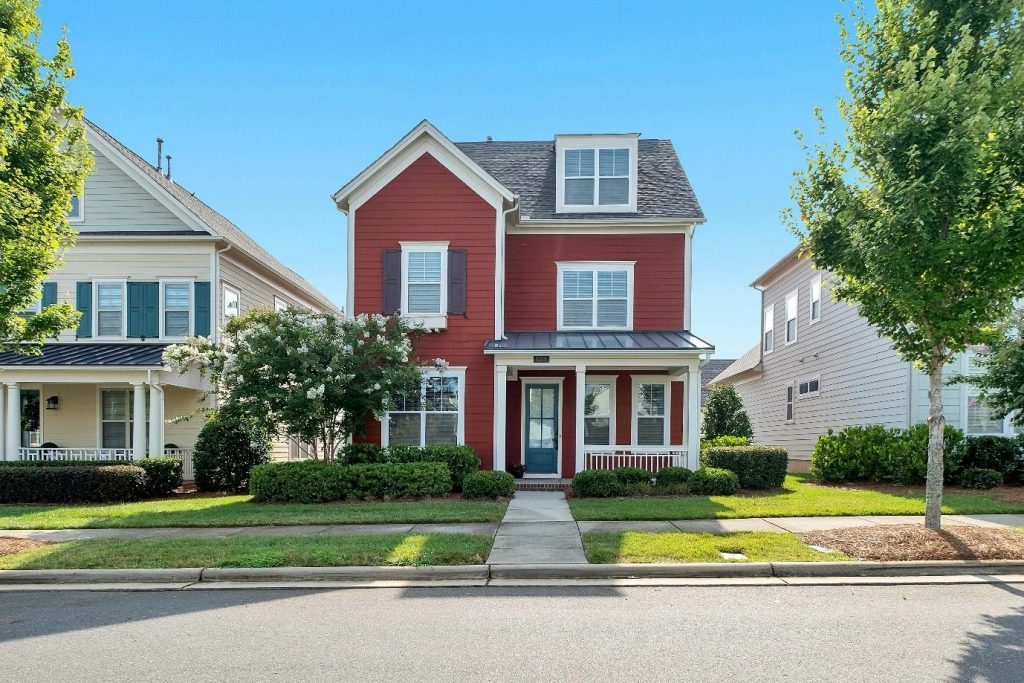





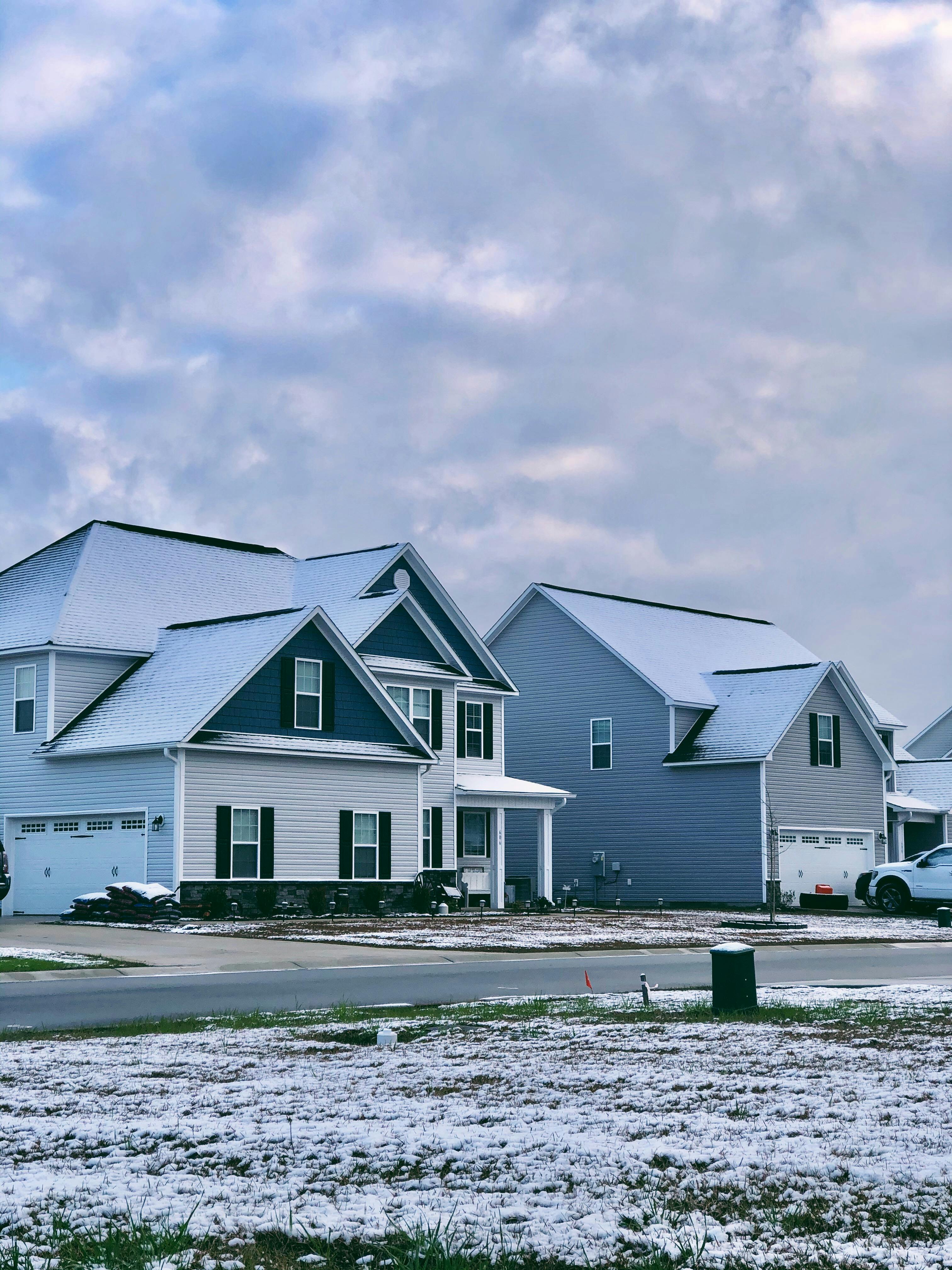
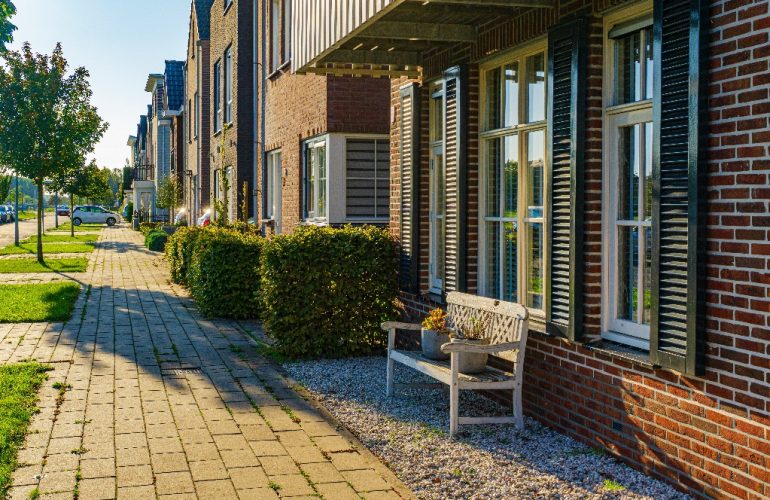




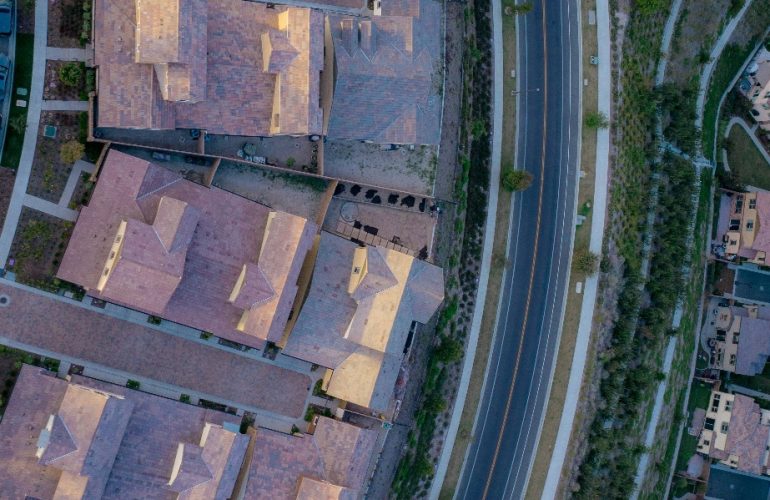




Recent Comments